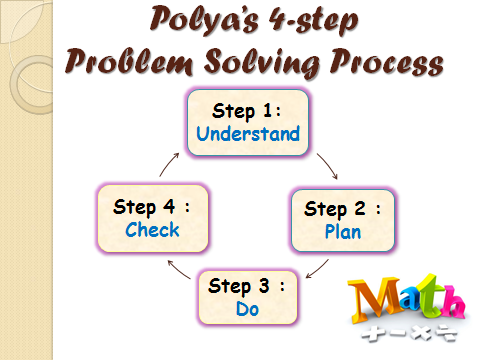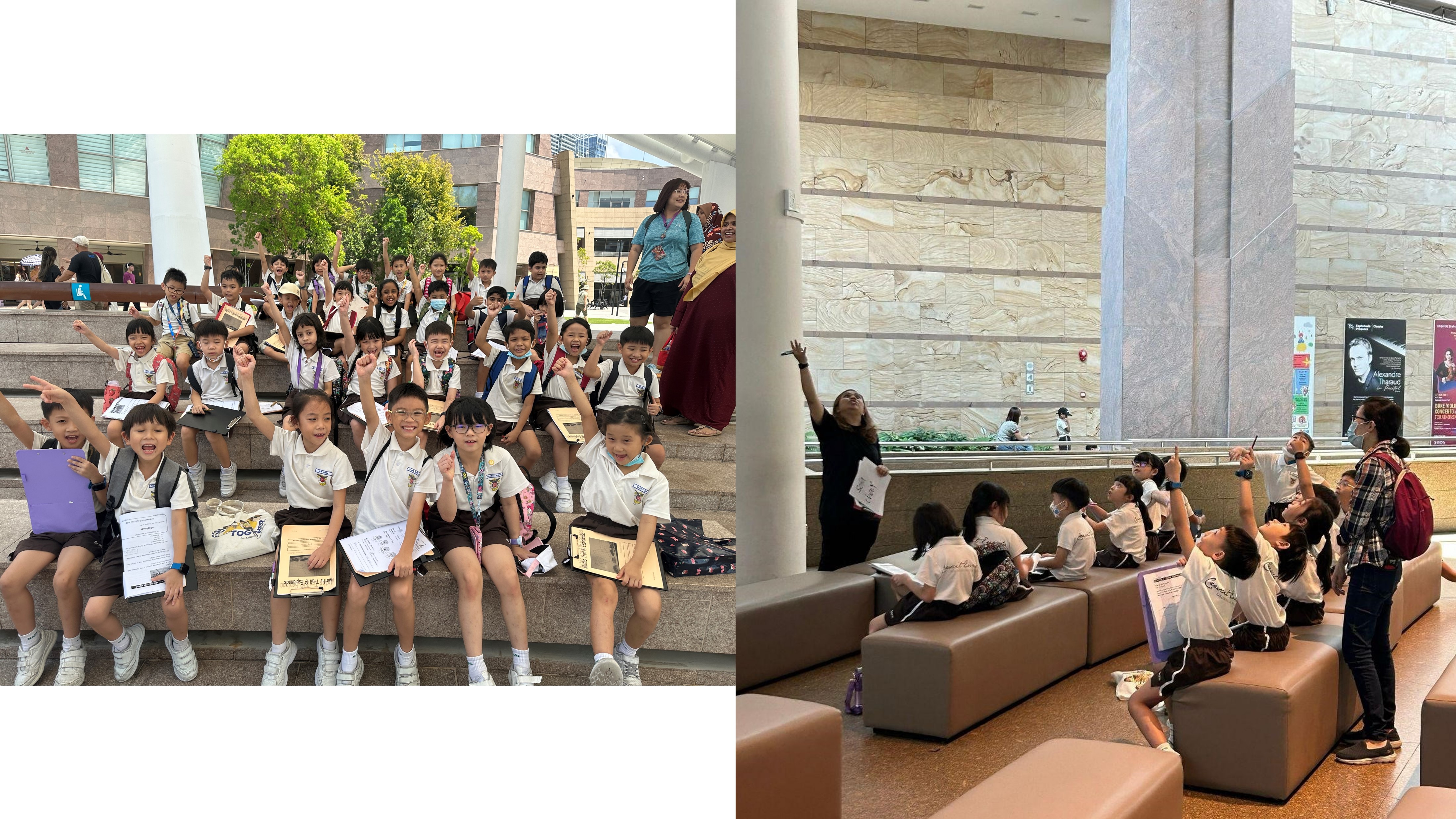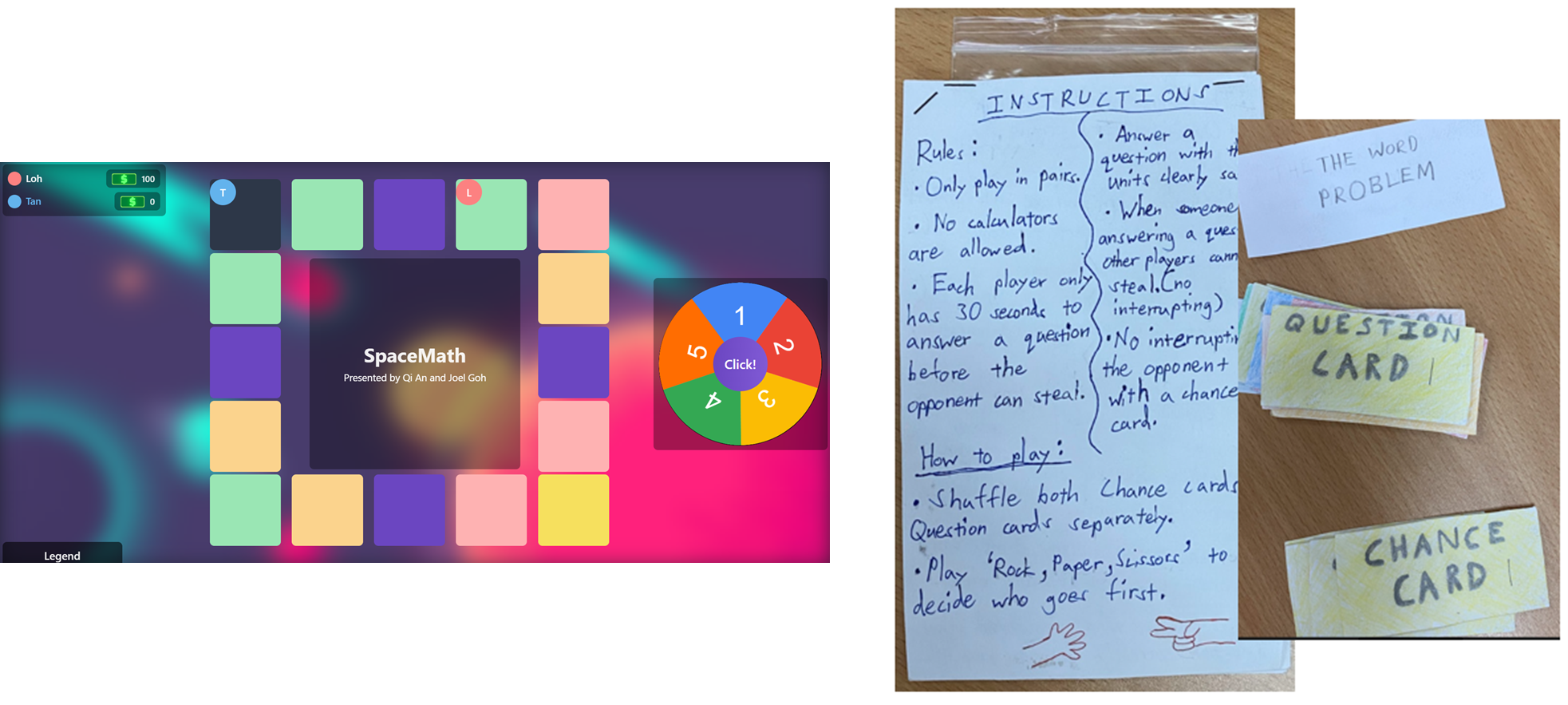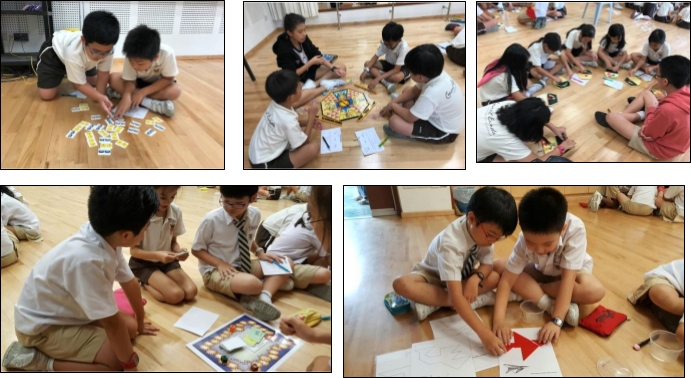Mathematics
Mathematics
Vision | Anthonians are life-long learners who are able to build self-confidence in learning Mathematics and apply mathematical concepts they have learnt in the world around them |
In order to achieve our vision, teachers use the following strategies in lesson planning so as to nurture caring, passionate, joyful and future-ready learners:
develop thinking, reasoning, communication, application and metacognitive skills through a mathematical approach to problem-solving
build confidence and foster interest in Mathematics by providing authentic teaching and learning experiences that infuse SAPS Social Teachings
differentiate the delivery of curriculum, taking into account the strengths, weaknesses and interests of our pupils
Progression of the Curriculum across Levels
Mathematics at the primary level is a stage where pupils acquire important basic numeracy as well as develop logical reasoning and problem solving skills that are required in many disciplines. In SAPS, we follow the Mathematics Curriculum Framework closely. The central focus of the Mathematics curriculum is the development of mathematical problem solving competency. Supporting this focus are five inter-related components- concepts, skills, processes, metacognition and attitudes.

With the introduction of Themes and Big Ideas in 2019, teachers are also trained to bring coherence and show connections within and across strands and levels in their daily teaching.
One of our key teaching strategies in Mathematics is the use of POLYA’s 4-step approach in problem-solving. It is a systematic process to solve problems which include four basic principles. This process by Geroge Polya helps pupils develop an action plan for problem solving. The four principles are as follows:
Understanding the problem
Devising a plan

Carrying out the plan
Looking back (Checking)
Pupils are taught different heuristics at the various levels and given opportunities to use concrete manipulatives to enhance their conceptual understanding. Teachers also use Assessment for Learning (AfL) strategies in the Math classroom to identify gaps in pupils’ learning.
Key Programmes:
The programmes featured here focus on authentic learning, aimed at helping pupils understand why they are learning Math and how Math is related to real-life. It gives them a sense of purpose and desire to explore and discover more beyond the syllabus. They also work collaboratively in groups which ties in with our fundamental social belief that “Together, we are strong”.
Level Programmes
Primary 1 and 2
Pupils at the lower primary levels participate in Math trails, which emphasises to pupils that math learning is authentic and can be applied in our daily lives. These trails include some of the topics that pupils had learnt in the year. Besides consolidating their learning, the trails continue to provide rich learning experiences for the pupils.
Primary 1 Math Learning Trail: Esplanade

Primary 2 Math Learning Trail: Changi Airport
.jpg)
Primary 3 and 4
At the middle primary levels, there are more opportunities for pupils to apply what they have learnt daily and reinforce their foundation to prepare them adequately for the upper primary levels.
Primary 3 Muffin Project (Including Supermarket Trail)
The muffin project allows pupils to apply skills taught at Primary 3 and 4. For example, pupils are able to use bar graphs to chart responses of their peers’ preferred flavours of muffins. They can also apply their knowledge of reading off weighing scales by measuring the mass of the ingredients needed to bake muffins.
.jpg)
.jpg)
Primary 4 Calculator Workshop
To prepare our Primary 4 pupils for the Primary 5 syllabus, all Primary 4 pupils will be given the opportunity within curriculum to try out a range of activities involving the use of an SEAB-approved calculator.
.jpg)
Primary 5 and 6
Math Games Creation
This activity encourages pupils to create games involving Mathematics concepts. It provides pupils with opportunities to think out of the box and come up with a variety of ways to enhance learning through Mathematics games.

Special Programmes
Primary 4 to 6
Our Talent Development Programme (TDP) for Math involving selected pupils from Primary 4 to 6 includes teacher-led e2k sessions (from GE Branch) and vendor-led Math Olympiad lessons. These sessions are conducted above curriculum on Mondays, Wednesdays and Thursdays.
.jpg)
Primary 6
The Maths Clinic is a programme that aims to support selected pupils in building a stronger foundation in the subject. In smaller groups, they revisit concepts that have been taught in class or in the middle primary levels. It provides pupils with more opportunities to interact with and learn with other pupils and teachers in the programme.
Working Hand in Hand:
Parents
Every year, our teachers from the lower, middle and upper primary levels conduct face-to-face or online workshops for parents. The workshops focus on sharing key teaching strategies in the teaching and learning of Mathematics and address common areas of weakness at the various levels. Through the sessions, teachers also share useful tips and strategies on how to help pupils experience success in the learning of Mathematics.
Alumni
The Math Games Day is usually conducted towards the end of the year as a post-exam activity. Games are prepared for Primary 1 to 4 pupils to consolidate their learning for the entire year. Ex-Anthonians render their service to this programme as game masters.


